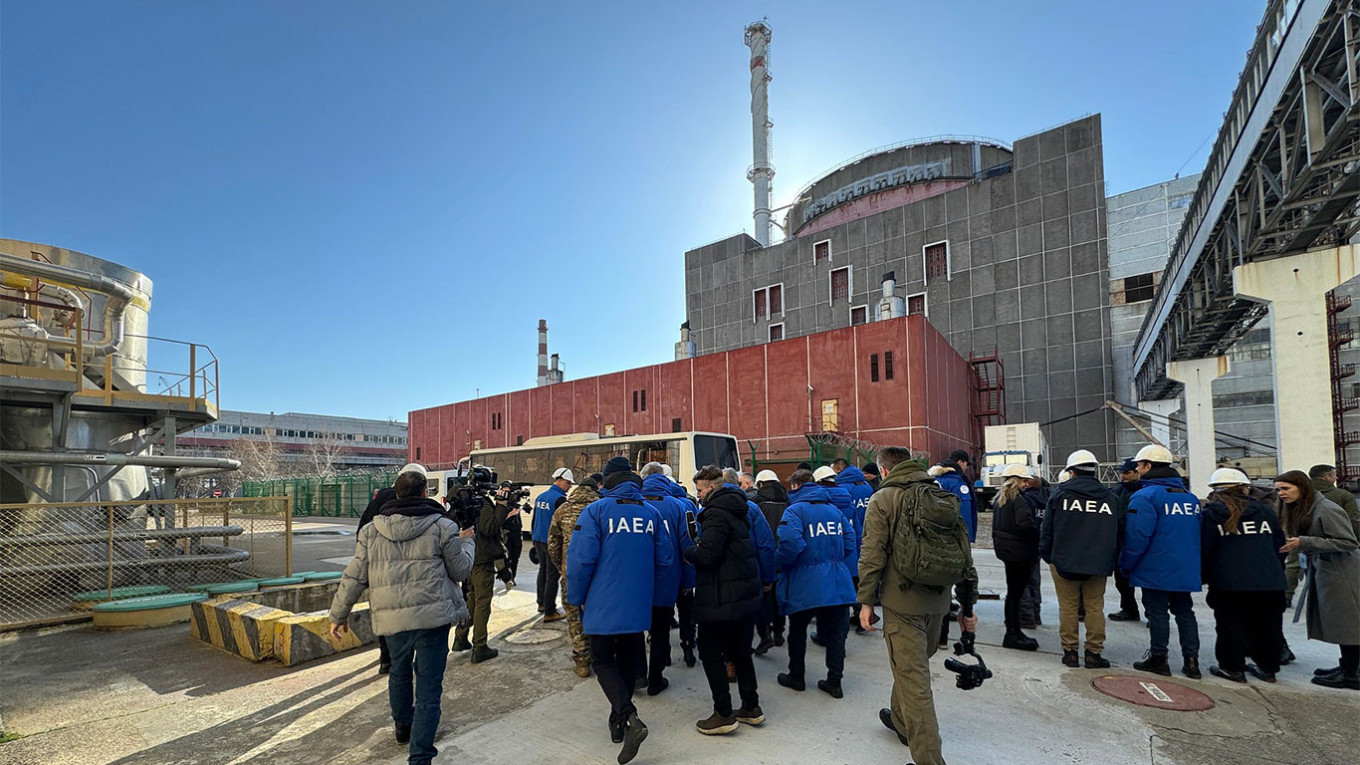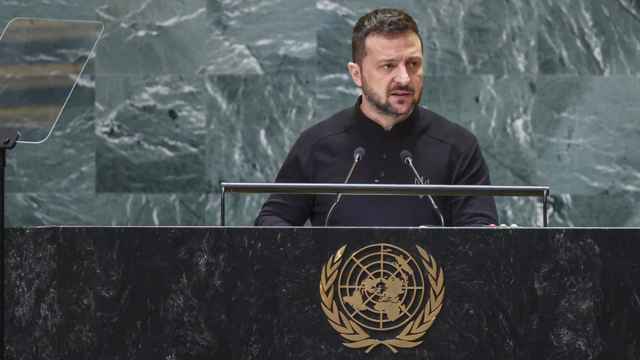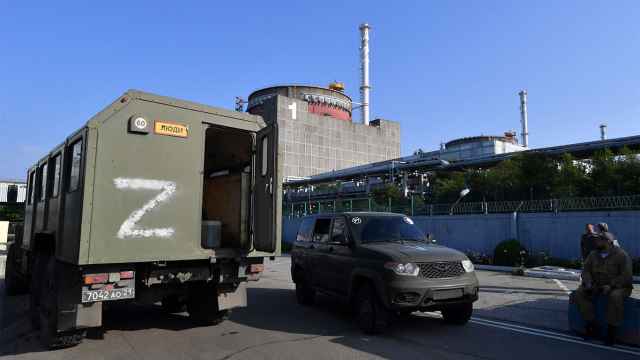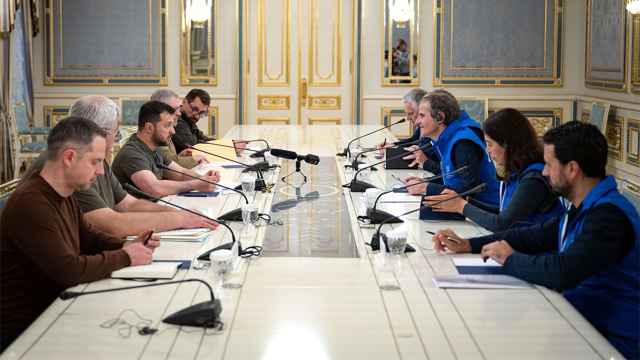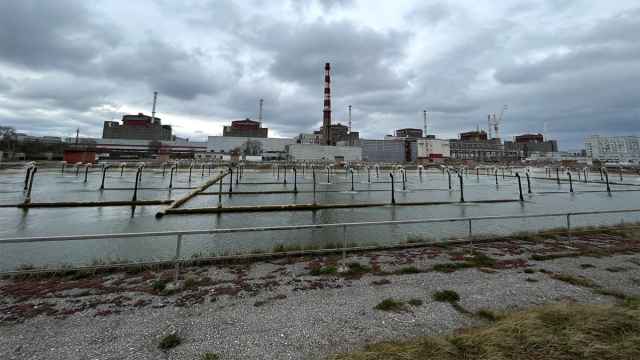UN atomic watchdog chief Rafael Grossi will head to Russia Tuesday for a fresh round of talks with President Vladimir Putin to discuss "the future operational status" of Ukraine's Russian-controlled Zaporizhzhia nuclear plant.
Europe's largest nuclear plant has been at the center of fighting since it was captured by Russian forces in March 2022, with both Moscow and Kyiv frequently accusing each other of compromising its safety.
Grossi last met Putin in St. Petersburg in October 2022 to discuss safety issues involving the Zaporizhzhia facility.
"I think it is very important that we keep this high-level dialogue with both belligerents," Grossi — who heads the International Atomic Energy Agency (IAEA) — told reporters Monday.
The IAEA chief said he hoped to discuss "technical points" with Putin and get "an impression of what the plans" for the plant are.
"There are issues related to the future operational status of the plant," Grossi said when asked about the topics he intends to raise.
Russian Foreign Ministry spokeswoman Maria Zakharova also confirmed the talks.
Grossi has visited Ukraine several times to meet with President Volodymyr Zelensky and other senior officials.
The IAEA chief said he also hopes to address the nuclear plant's "extremely fragile and thin" external power supply lines, after the facility suffered a complete loss of off-site power multiple times during bouts of fighting in the past two years.
Fears over the plant's safety have persisted throughout Russia's invasion, with the IAEA warning that powerful explosions and mine blasts near the plant indicated "possible combat action" that were of "deep concern."
Grossi has called for "maximum military restraint" around the plant "to reduce the danger of a nuclear accident."
The UN nuclear watchdog has also voiced concern about a possible shortage of staff at the Zaporizhzhia plant.
Since February, workers from Ukraine's atomic energy operator Energoatom who refused to sign contracts with the Russian operating entity have been barred from working at the plant.
IAEA officials have been on the ground monitoring the plant since September 2022.
The plant's six reactor units, which produced around a fifth of Ukraine's electricity before Russia's full-scale invasion, have been shut down.
A Message from The Moscow Times:
Dear readers,
We are facing unprecedented challenges. Russia's Prosecutor General's Office has designated The Moscow Times as an "undesirable" organization, criminalizing our work and putting our staff at risk of prosecution. This follows our earlier unjust labeling as a "foreign agent."
These actions are direct attempts to silence independent journalism in Russia. The authorities claim our work "discredits the decisions of the Russian leadership." We see things differently: we strive to provide accurate, unbiased reporting on Russia.
We, the journalists of The Moscow Times, refuse to be silenced. But to continue our work, we need your help.
Your support, no matter how small, makes a world of difference. If you can, please support us monthly starting from just $2. It's quick to set up, and every contribution makes a significant impact.
By supporting The Moscow Times, you're defending open, independent journalism in the face of repression. Thank you for standing with us.
Remind me later.


